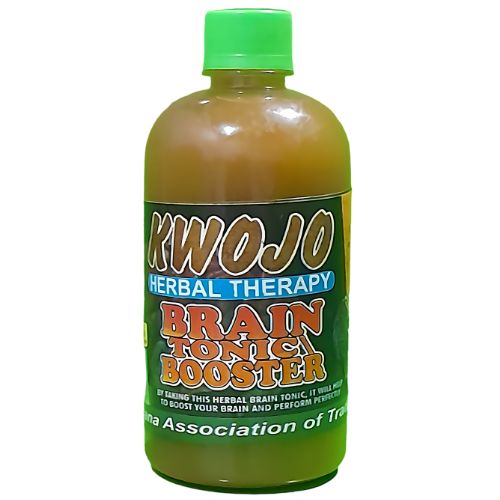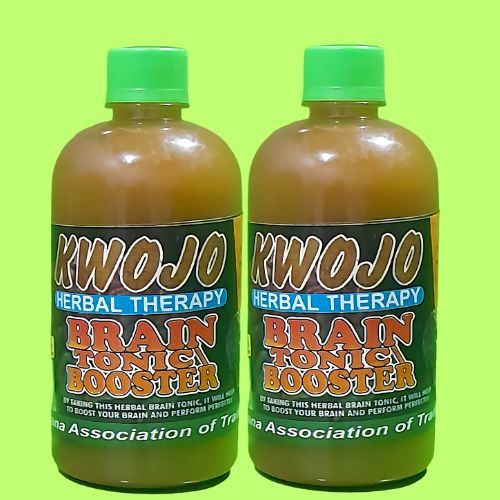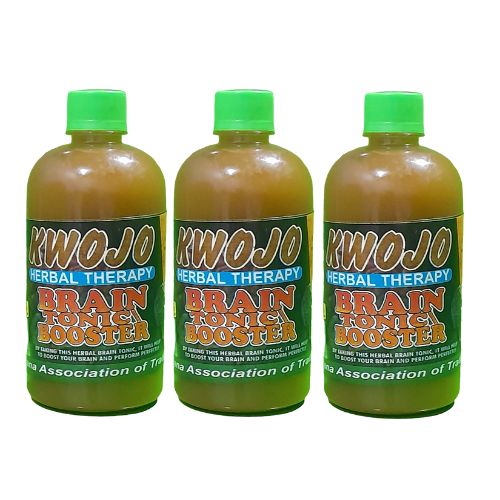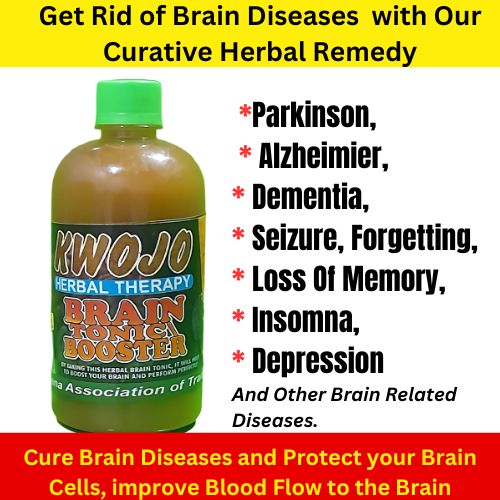Best Natural Remedies for Brain
An experimental drug that boosts the brain’s natural process of cleaning out damaged proteins improved some symptoms in mice bred to mimic Alzheimer’s disease.Â

An experimental drug that boosts the brain’s natural process of cleaning out damaged proteins improved some symptoms in mice bred to mimic Alzheimer’s disease, Brain Aging, Dementias, Neuroscience, ETC.

Discover How To Put An END To Forgetfulness, Parkinson, Alzheimier, Dementia, Seizure, Loss Of Memory, Insomna, Depression, Brain Fog, Low Mood & Mental Tiredness…
A unique herbal brain tonic for adults and children

Improves learning faculty.
Increases concentration and retention power.
Corrects weak memory, sedates excited mental conditions and overcome
brains fatigue.
Tones up nervous system & increases mental alertness.
Restores sound sleep with removal of restlessness and headache.
Once You Take This Product, You’ll Be So Excited By How Much Extra Energy (And Less Stress) You’ll Have!
CAUSE OF BRAIN disease /Memory Loss / Alzheimer / Amnesia etc.
Alcohol or use of prescription or illegal drugs. Brain infections such as Lyme disease, syphilis, or infection. Overuse of medicines, such as barbiturates or (hypnotics) ECT (electroconvulsive therapy) (most often short-term memory loss)
The more severe form of memory loss includes Dementia and Alzheimer’s disease. It is a progressively debilitating condition that slowly destroys memory and thinking skills.
Head injury, brain-stroke, brain tumor, clots in the brain’s blood vessels and bleeding in the brain can be the causes of memory loss. Anxiety, stress, depression, an underactive thyroid, long-term alcohol use, Vitamin B1 deficiency are some other causes of Alzheimer/ Amnesia/ Dementia or Memory Loss.
Brain diseases come in different forms. Infections, trauma, stroke, seizures, and tumors are some of the major categories of brain diseases.
brain diseases, such as Alzheimer’s disease, may develop as you age. They can slowly impair your memory and thought processes.Â
Other diseases, such as Tay-Sachs disease, are genetic and begin at an early age. Other common neurodegenerative diseases include:
Â
Huntington’s disease
amyotrophic lateral sclerosis (ALS), or Lou Gehrig’s disease
Parkinson’s disease
all forms of dementia
Some of the more common symptoms of neurodegenerative diseasesTrusted Source include:
Â
memory loss
forgetfulness
apathy
anxiety
agitation
a loss of inhibition
mood changes
Â
Â
Neurodegenerative diseases cause permanent damage, so symptoms tend to get worse as the disease progresses. New symptoms are also likely to develop over time.
Â
There’s no cure for neurodegenerative diseases, but treatment can help. The goal of treatment for these conditions it to try to reduce your symptoms and help you maintain quality of life. Treatment often involves the use of medications to better manage your symptoms.
Mental health disorders
Mental health disorders, or mental health conditions, are a large and diverse group of issues that affect your behavior patterns. Some of the most frequently diagnosed mental health disorders are:
Â
depression
anxiety
bipolar disorder
post-traumatic stress disorder (PTSD)
schizophrenia
Â
The symptoms of mental health conditions vary based on the condition. Different people can experience the same disorder very differently. You should talk with your doctor if you notice a change in your behavior, thought patterns, or moods.
Â
The two major types of treatment for mental health conditions are medication and psychotherapy.
Different methods work better for different conditions. Many people find that a combination of the two is the most effective.
Brain disease refers to a wide range of medical conditions that affect the brain, leading to various symptoms and impairments. These diseases can be caused by genetic, environmental, or lifestyle factors, and can result in cognitive, motor, or behavioral changes. Some common types of brain diseases include Alzheimer’s disease, Parkinson’s disease, Huntington’s disease, and multiple sclerosis. Symptoms can vary depending on the specific disease, but may include memory loss, movement, talking, breathing, and heart function difficulty speaking or moving, mood changes, and seizures. Early treatment are crucial for managing brain diseases and improving quality of life.
Focusing on the effects of herbal/natural compounds on the following age-related processes and changes:
(1) mitochondrial dysfunction,
(2) accumulation of oxidative damage,
(3) energy metabolism disorders,
(4) cell “waste disposal” mechanisms (autophagic lysosome and proteasome function),
(5) stress response,
(6) compromised DNA repair disorders and inflammation,
(7) dysregulated neuronal Ca2+homeostasis, and (8) impaired neurogenesis
Brain damage can occur following a traumatic injury, such as a fall or car accident, or a nontraumatic, acquired injury, such as a stroke.
Stroke. Stroke occurs due to a loss of blood flow to the brain. This may be the result of a blood clot or a bleed on the brain.
Tumor. There are many types of brain tumors, all of which cause differing levels of damage. Brain tumors can be benign or cancerous.
Brain infections or inflammation. Infections such as meningitis can cause brain injury.
Anoxic or hypoxic injury. These injuries occur Trusted Source when brain cells do not get enough oxygen
Neurocognitive disorders most commonly occur in older adults, but they can affect younger people as well. Reduced mental function may include:
- problems with memory
- changes in behavior
- difficulty understanding language
- trouble performing daily activities.
- Â
Â
 Brain Tumor: A brain tumor is a collection, or growth, or mass, of abnormal cells in the brain. abnormal Tumour cells may be cancerous (malignant) or non-cancerous (benign). Brain tumors can occur at any age.
This Amazing Brain Cure Natural Product is NOW Available Nationwide
- Promotes concentration & comprehension.
- Improves memory, alertness & mental capacity.
- Reduces mental tension, anxiety, stress, insomnia, delusion, mental illness, mental fatigue.
- Provides energy, Builds immunity.
- Improves intelligence & learning capabilities.
- Enhances brain function and regulate blood flow to the brain.
- Also useful for bed wetting, speech difficulties, muscular strain and weakness.
- Â
Dietary Advice:
Avoid carbonated drinks, caffeine, sugar, smoking, illicit drugs and alcohol.
Eat a balanced, low-fat diet with ample proteins. Eat plenty of green vegetables, nuts, fruits and seeds. Drink plenty of water and get plenty of rest. Play stimulating mind games.


YOU ENJOY AMAZING DISCOUNTS IF YOU ORDER TODAY! DON’T MISS OUT.

HOW TO ORDER
1 BOTTLES OF BRAIN TONIC BOOSTER =#14,500(Â RECOMEND FOR CHILEDREND
****************************************
2 BOTTLES OF BRAIN TONIC BOOSTER =#17,500( RECOMEND FOR CHILEDREND
****************************************
3 BOTTLES OF BRAIN TONIC BOOSTER =#25,500(Â RECOMEND
****************************************
 4 BOTTLES  OF BRAIN TONIC BOOSTER =30,500
 ( RECOMENDED FOR ADULT)
****************************************
8 BOTTLESÂ OF BRAIN TONIC BOOSTERÂ 55,500#Â Â
 ( RECOMENDED) FAMILY PACKÂ
****************************************Â
  ALL ORDER COME WITH FREE DELIVERY TO ANY PART IN NIGERIA AND YOU WILL PAY AFTER DELIVERY

WARNING!
Please, Do Not Place an Order if you are not ready to pay and receive Your Product within the Next 24hrs – 72hrs. To get the product, you will need to Place an order via the form below or via WhatsApp.
DISCLAIMER: This site is not part of the Facebook website or Facebook Inc. Additionally, this site is Not endorsed by Facebook in any way. FACEBOOK is a trademark of FACEBOOK Inc







